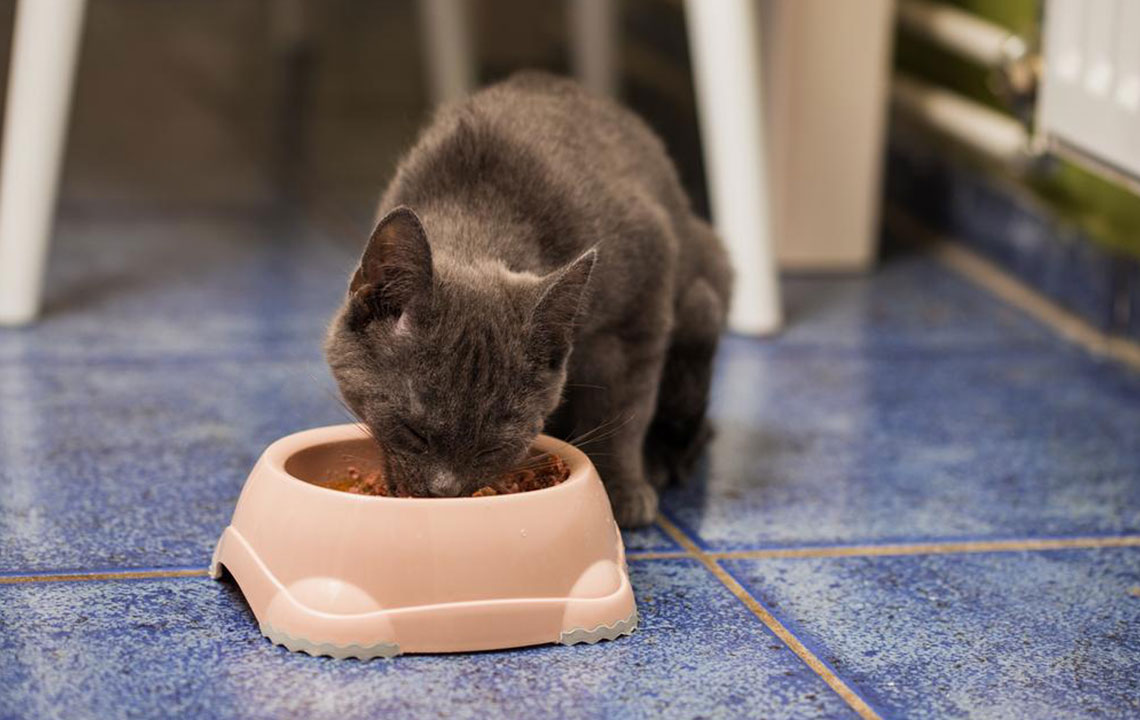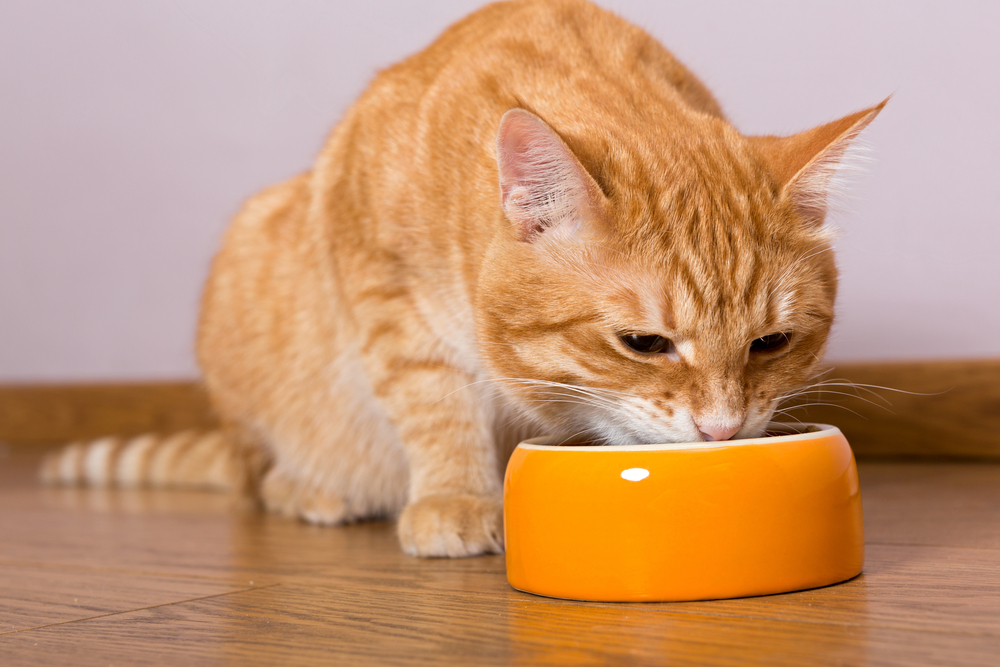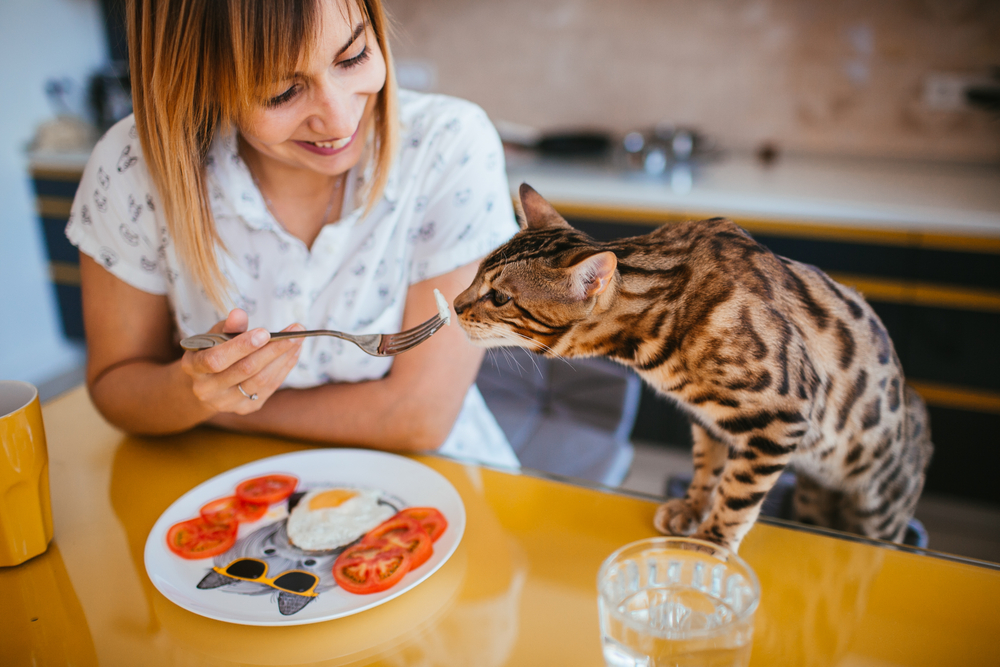Guidelines for Choosing the Right Cat Food for Your Pet
Learn essential tips for selecting the best cat food to support your feline’s health. Discover how age, ingredients, variety, and safe home-cooked options influence your cat’s diet. Find expert advice to ensure your pet receives balanced nutrition and stays healthy.

Guidelines for Choosing the Right Cat Food for Your Pet
Providing optimal health for your cat starts with selecting appropriate nutrition. Cats have distinct dietary requirements compared to other animals, making it essential to pick food tailored to their needs. If you’ve recently adopted a feline companion, consider these important tips when shopping for cat food.
Choose food suited to your cat’s age– The age of your cat dictates its nutritional demands. Kittens require nutrient-dense, high-protein diets to support growth, teeth, and bones. Adult cats need calorie-controlled, protein-rich options to maintain a healthy weight and prevent issues like diabetes or arthritis. Senior cats, being less active, benefit from easily digestible foods with balanced fat and protein levels.
Check ingredient lists carefully– Always scrutinize ingredient labels. Seek products with high-quality proteins, vital vitamins, minerals, enzymes, fatty acids, and amino acids. Steer clear of foods with meat byproducts, excessive carbs like cornmeal, and preservatives such as BHT, BHA, propyl gallate, and ethoxyquin.
Add variety and enrichment– Mix different textures and flavors by combining dry and wet foods to keep your cat engaged. Rotating meals helps provide a wide range of essential nutrients and sustains your pet’s interest in their diet.
Home-cooked diets: safe or risky?– While homemade meals can be appealing, they often lack complete nutrition. Consult your veterinarian before preparing home-cooked diets. Never feed toxic foods like onions, garlic, chocolate, grapes, raisins, raw eggs, or dairy, as they can be harmful or fatal to your cat.


